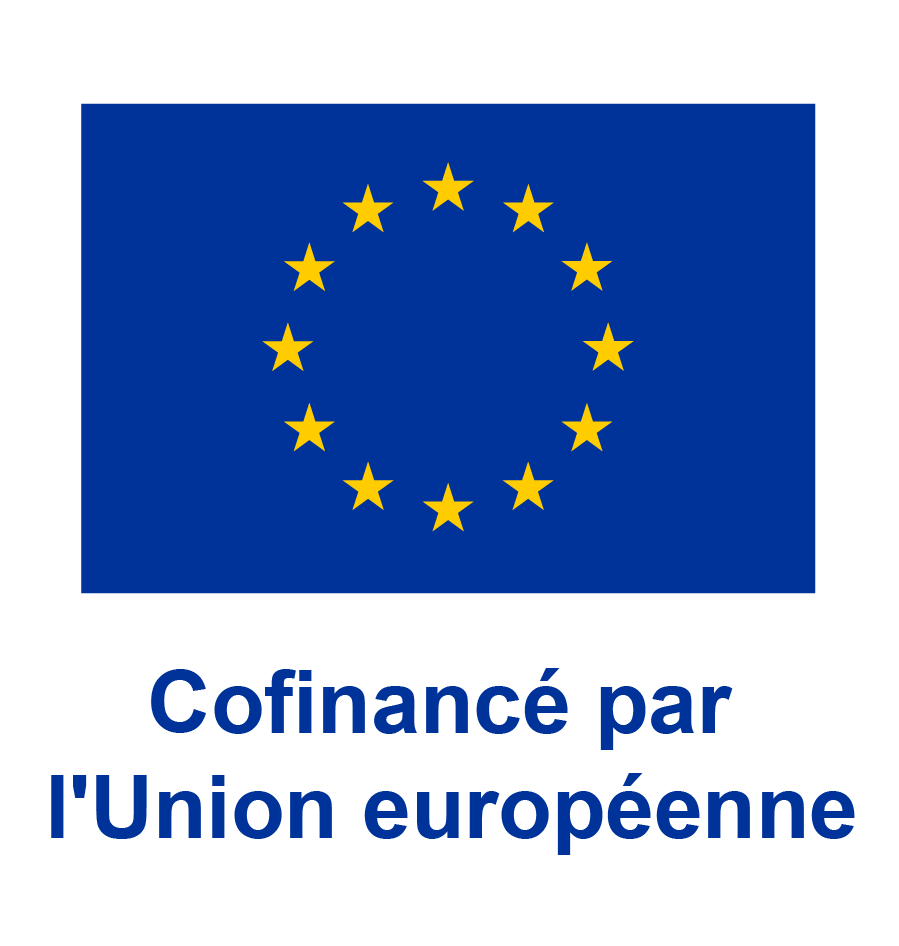Lancement des premières « obligations vertes de la Banque mondiale »
Cette initiative répond à la volonté croissante que manifestent les investisseurs de soutenir des projets liés au changement climatique dans les pays en développement Les obligations vertes soutiendront les projets de la Banque liés au changement climatique (atténuation des effets et adaptation) Cette obligation est un exemple des innovations que la Banque essaie de promouvoir afin d'encourager les secteurs public et privé à prendre part au financement des mesures prises face au changement climatique
Investissement socialement responsable
Les performances de l'investissement socialement responsable en France
Green, Social and Ethical Funds in Europe
Le Belge et les investissements durables.
Les Syndicats comme acteurs de la gouvernance: nouvelles stratégies
Identifying impediments to SRI in Europe: a review of the practitioner and academic literature
For more than 15 years, the investment community and the academic community have written extensively on socially responsible investment (SRI). Despite the abundance of SRI thought, the adoption of SRI practices among institutional investors is a comparative rarity. This paper endeavours to achieve two goals. First, by integrating the practitioner and academic literature on the topic, the paper attempts to identify the many impediments to SRI in Europe from an institutional investor's perspective. Second, the paper proposes a unitary framework to conceptually organize the impediments to SRI by using insights from different relevant research perspectives: behavioural .nance, organizational behaviour, institutional theory, economic sociology, management science and .nance. The paper concludes by presenting the main shortcomings within both the academic and the practitioner literature on SRI and by providing conceptual and methodological recommendations for further research.
le marché européen de l'ISR a presque doublé en deux ans
European SRI Study 2008
The study highlights the scale of European SRI as well as European and National trends across thirteen countries, including for the first time Denmark, Finland, Norway and Sweden.
The total SRI assets under management (AuMs) have reached €2.665 trillion as of December 31, 2007 and represent as much as 17.5% of the asset management industry in Europe. This corresponds to a remarkable growth of 102% since December 31, 2005.
Eurosif’s study finds that the European SRI market’s growth is driven by:
- An increasing demand from institutional investors, for which responsible investment becomes a matter of risk management, particularly around the area of climate change,
- A further mainstreaming of Environmental, Social and Governance (ESG) considerations into traditional financial services,
- External pressure from NGOs and media,
- A growing interest from individuals, particularly wealthy individuals.
Eurosif continues to segment the SRI market with Core SRI estimated at €512 billion and Broad SRI at €2.154 trillion. Core SRI consists of elaborated screening strategies systematically impacting portfolio construction and often implying a values-based approach while Broad SRI partly represents the mainstreaming of SRI and the growing interest of responsible investors, particularly large institutional investors, in this area.
Pagination
- Page précédente
- Page 71
- Page suivante


